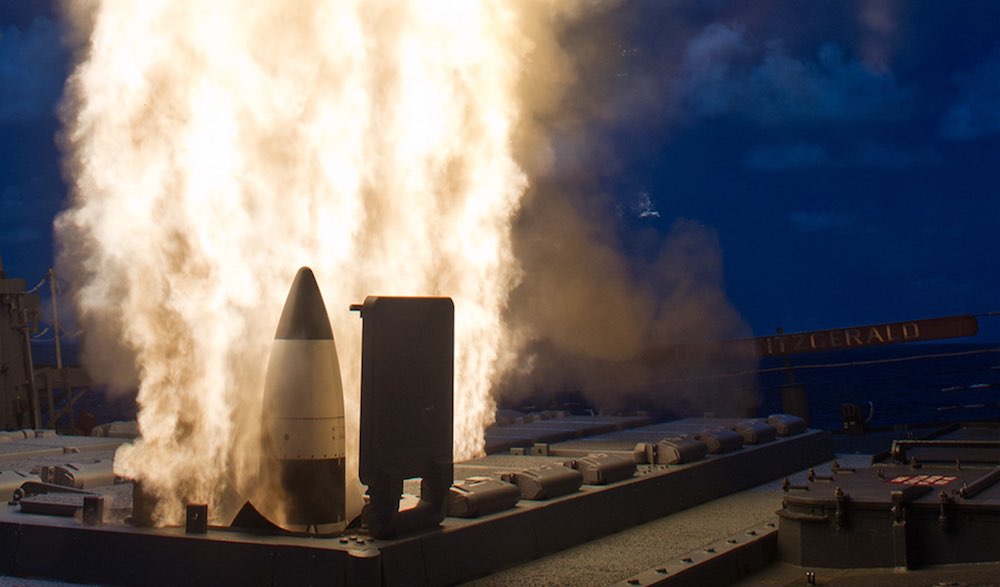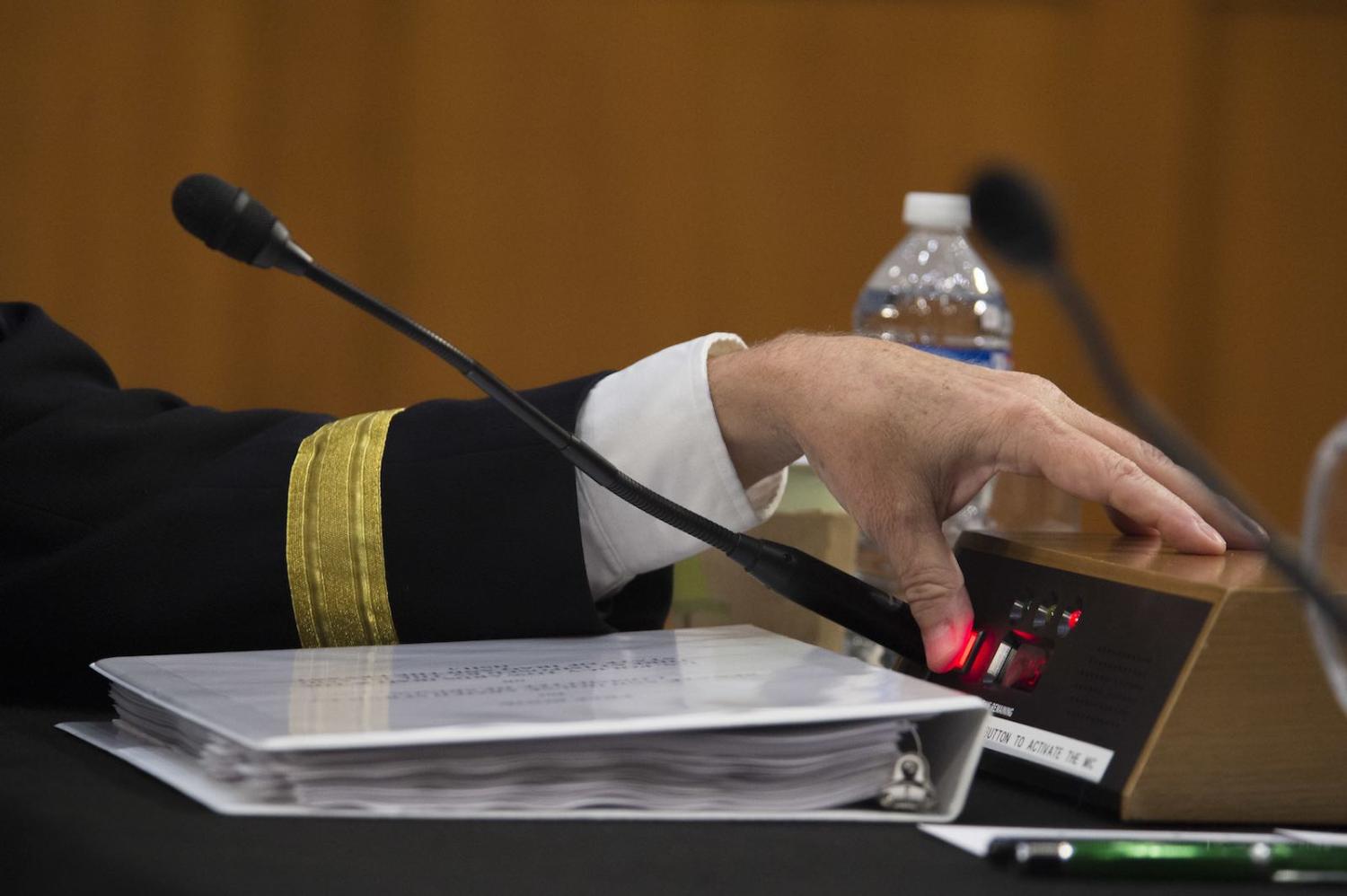One of the most disturbing developments in international politics lately has gone mostly unnoticed by most commentators. Some will be aware that President Donald Trump has withdrawn – or plans to withdraw – the United States from specific arms control treaties.
But what is troubling is that these individual decisions collectively signal a trend which could soon see a world with no nuclear arms control measures in place between the US and Russia.
And that is not a good thing for international security.
Lest anyone think that arms control agreements are only for lily-livered liberals, it’s worth remembering that many of these have been created by presidents from the Republican side of politics. President Ronald Reagan negotiated the Intermediate Nuclear Forces Treaty in 1987, President George H. W. Bush the Open Skies Treaty in 1992, and President Richard Nixon the Anti-Ballistic Missile Treaty in 1972. And the (until now) very successful process of the START treaties, limiting strategic nuclear weapons between the US and Russia, was also a Bush senior enterprise, as was the decision to stop US testing of nuclear weapons in 1992.
A deliberate program of wrecking arms control achievements leaves us all less secure.
Now, however, all of these agreements are under threat, or no longer functionally exist. To be fair, it is not only the US which is responsible for this: Russia had almost certainly violated the terms of the INF treaty (but so too had Washington by placing land-based missile launchers, seen by Moscow as potentially hostile weapons, in Eastern Europe as part of the US missile defence scheme).
The Open Skies Treaty (originally suggested by President Dwight Eisenhower, another Republican) which permitted any of its 35 members to conduct unarmed aerial surveillance over each other’s territory with 72 hours’ notice, is a vital confidence and security building measure between NATO states and Russia, and allows members to gather vital information on military activities and capabilities.
The US has benefitted greatly from the Open Skies Treaty, having conducted more than twice as many surveillance flights over Russia than Moscow has conducted over American territory, and it makes no sense for the US to pull out now. The treaty has a dispute resolution mechanism, but this has simply been sidelined by Trump in his rush to withdraw from the agreement. Both Moscow and Washington claim that the other has engaged in violations, but in truth these were relatively minor, and could have been resolved via committed diplomacy. Western allies are aghast at the decision, and even retired US General Michael Hayden, who was head of the CIA and the National Security Agency, declared that “this is insane”. Unfortunately, pulling out of the Open Skies agreement will also have negative implications for the renewal of the NewSTART treaty before it expires next February.

Other decisions have been equally reckless. Trump has sought to derail the Joint Comprehensive Plan of Action, a painstakingly negotiated agreement which was the best deal avaliable to halt any Iranian nuclear weapon aspirations. Unsatisfied with this wrecking, Washington pressures its European allies to do the same, and has declared that it will impose penalties on European, Chinese or Russian companies working with Iran, activities which had been permitted under the 2015 deal.
The US has also indicated that it might resume testing of nuclear weapons, which is not only unnecessary, but would be highly provocative to Russia and China, not to mention to North Korea. Trump has also withdrawn Washington’s signature of the Arms Trade Treaty, and indicated that the US might revert to using landmines, despite the global revulsion against these weapons.
There is a pattern, of course, of unilateral behaviour: we saw it with the withdrawal from the Paris Climate Accords, from UNESCO, and recently from the World Health Organisation.
But in terms of strategic stability, revoking these hard-won arms control achievements seems nothing less than madness. We cannot explain this by simply pointing to the problem of partisan politics in the United States. Withdrawing from these agreements, which Republicans leaders have more often than not crafted, is dangerous. It also signals a complete disdain towards allies. A deliberate program of wrecking arms control achievements leaves us all less secure.
It also plays into the hands of Russia and China. These countries, by the way, together with the US and all the other nuclear weapon states, are engaged in costly modernisation of their nuclear arsenals, making these weapons more lethal than ever before, and lowering the threshold for their use. This is happening, as the UN Secretary General António Guterres observed, at the same time that “a microscopic virus has brought us to our knees”.
As former US diplomat William J. Burns has warned:
We are living through a moment in which diplomacy as a tool of promoting American interests … is even more important than ever. And yet, over the three and a half decades that I served as a professional diplomat, I’ve never seen a moment when it’s been more adrift.
Perhaps now is the time to take stock of Australia’s unerring faith in American policy. As more European allies become disillusioned with the United States, and seek to repair or at least minimise the damage that has been caused, we should also be thinking about forging partnerships with responsible states, and having our voice heard in international forums upholding the need for strong arms control and disarmament policies.

